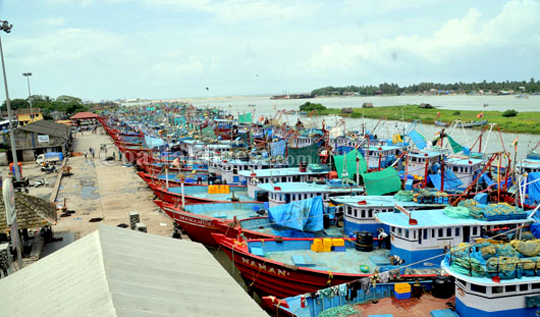Mangaluru, Jun 1: The 61-day ban on fishing, which has been imposed to facilitate the breeding of fish, came into effect in Mangaluru and Udupi from Wednesday.
The ban during the breeding season helps replenish the fish stock in the sea by preventing large-scale netting of young fish and eggs.
The ban orders were imposed under the Karnataka Coastal Fishing (Regulation) Act 2014. During the period, all kinds of mechanised boats with engines (outboard as well as onboard) beyond 10 horse power capacity cannot venture into the sea for fishing.
However, conventional boats as well as boats fitted with outboard engines up to 10 hp capacity can engage in fishing during the period.
The Dakshina Kannada and Udupi district administration has urged fishermen to abide by the order in the interest of the fishermen community.
The Fisheries Department have asked the coastal security police and the Coast Guard to monitor the coastline during the ban period.
Those fishermen and fishing boats violating the ban would be dealt with as per the provisions of Karnataka Coastal Fishing Act 1986. They would also lose diesel subsidy for one year, officials warned.
From the East Coast
Despite the ban on fishing till July 31, the people in coastal Karnataka will not be completely deprived from the sea food as they get fish from the East coast, which has a different holiday season. Besides fish procured by conventional fishermen in coastal Karnataka for whom the holiday rule does not apply also will hit the market.
The uniform ban along the Western coast will also come into effect in coastal regions of Goa and Maharashtra.







Comments
good job by karnataka fishing board.
nothing benefits to poor, we cant eat fish because of high price, in all season.
Add new comment